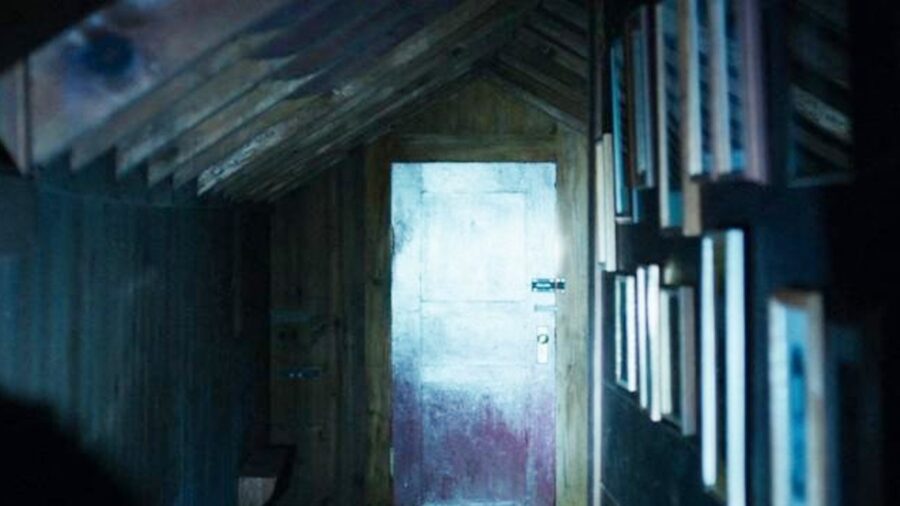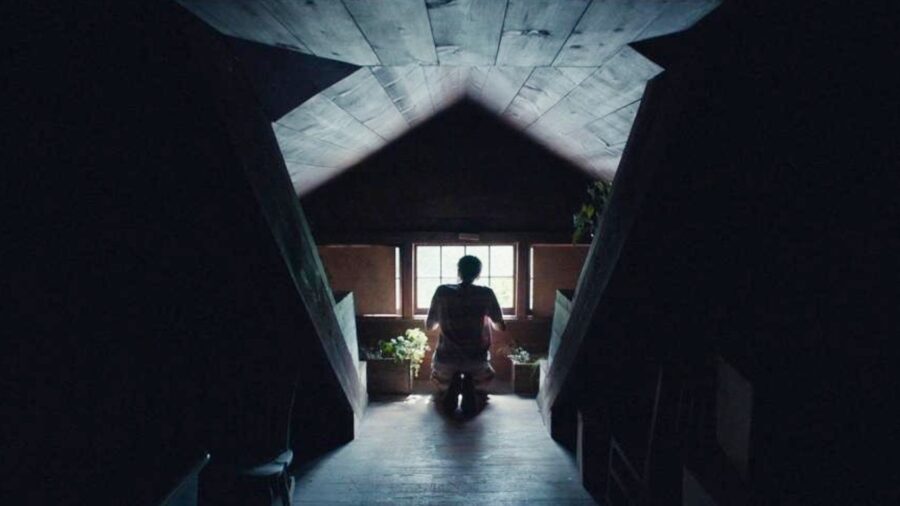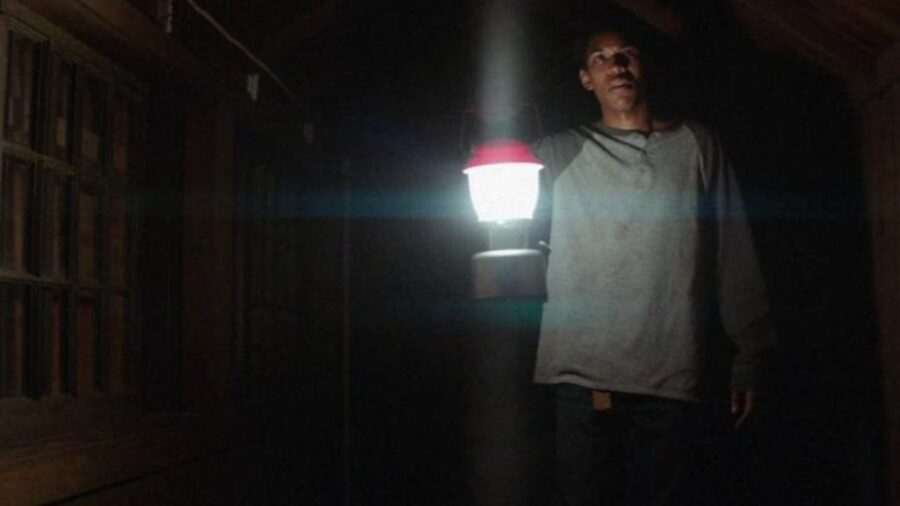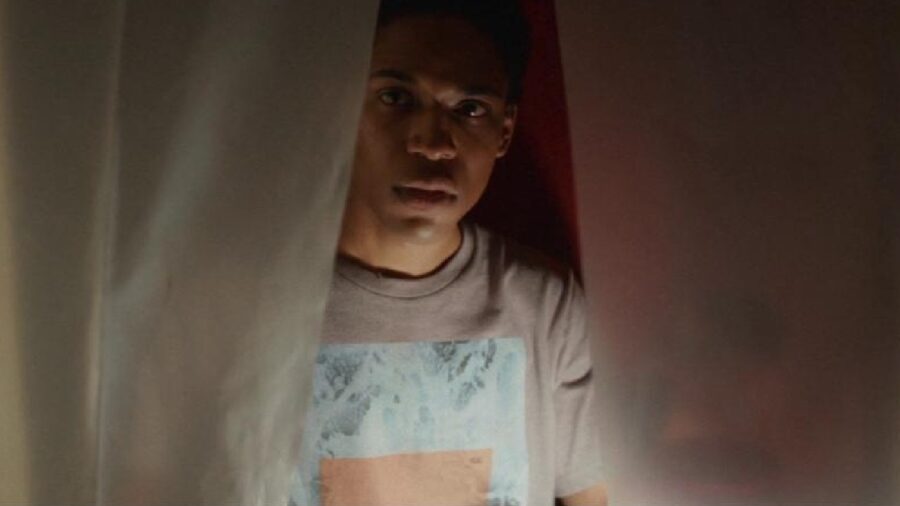The Horror Nail-Biter On Max With A Controversial Ending

If you’re looking to fill up a new spot on your “A24 films that traumatized me for life” bingo card, then It Comes at Night needs to be worked into your viewing rotation sooner rather than later. This deeply disturbing trip through the woods will leave you bug-eyed, clutching the arms of your couch, and screaming at your television set from its title card drop to its unexpected conclusion that will leave you with more questions than answers. Set in an unknown place and on an unknown timeline, the film plays into our fears of the unknown through the lens of isolation, escalation, and the inescapable emotional trauma fueled by paranoia.
It Comes At Night

Not unlike A Quiet Place, It Comes at Night gets most of its scares through implied off-screen incidents. You’ll go into this film knowing that a wide-spread infection has threatened humanity but without understanding its true global impact. Since the narrative focuses exclusively on two families trying to help each other survive in the remote woods, the global implications are irrelevant.
It’s evident that whatever apocalyptic events occurred ahead of the film don’t necessarily need to be revealed for us to know what’s at stake.
How Far Would You Go To Protect Your Family?

It Comes at Night first centers its focus on Paul (Joel Edgerton), his wife, Sarah (Carmen Ejogo), and their son, Travis (Kelvin Harrison Jr.). During the first of many upsetting scenes involving a wheelbarrow and a shallow grave, the film opens up with the death of Bud, Travis’ maternal grandfather. Paul’s willingness to execute Bud because of his infection fully drives the point home that he’s willing to do anything to protect his family, no matter how brutal the outcome may be.
Paranoia

It’s through this level of paranoia that It Comes at Night truly shines. We’re quickly introduced to Will (Christopher Abbott) when he breaks into Paul’s house, looking for supplies, under the assumption that the property is abandoned. Once Will earns Paul’s trust, Paul reluctantly allows him, his wife, Kim (Riley Keough), and their toddler, Andrew, to stay with them in exchange for the food and water they’ve gathered throughout their travels before finding the house.
Don’t Go Out At Night

Among the many ground rules that are established in It Comes at Night, the most important is made pretty clear by the film’s title: don’t go out at night unless you absolutely have to. While this plot device seems pretty self-explanatory, the real horror manifests inside of the cabin, as a number of incidents cause both families to not fully trust each other. It doesn’t take long for relationships to deteriorate when each character’s recounting of events proves to be contradictory.
Profitable But Could Have Been So Much More

For its slow-burn examination of each family’s psychological distress, It Comes at Night was a critical and commercial hit upon its 2017 release. Not only did this A24 film earn $20 million at the box office against its modest budget of $5 million, it garnered an 88 percent critical score on Rotten Tomatoes for being such an effective horror movie.
Let Down By Marketing

Among audiences, It Comes at Night had a disproportionately low audience score of 44 percent, which makes you wonder what caused the ratio to be so out of balance. The overwhelming amount of negative reviews point to the film’s ending, which isn’t necessarily writer/director Trey Edward Shult’s fault, but rather the film’s marketing. It’s easy to see where the audience is coming from if you compare the trailer for It Comes at Night to the film itself.
A Slow And Intense Burn

The promotional material ahead of It Comes at Night‘s theatrical release led viewers to believe that the film would run at break-neck speeds and function similarly to a zombie outbreak film. Despite the film’s tight, 90-minute runtime, it’s more of a pensive character study than anything else. In other words, if the film’s official trailers were more in line with what it actually had to offer, audiences would have loved It Comes at Night.
The best way to view It Comes at Night is without expectations, as its very premise will get under your skin from the film’s outset. If you want to feel uneasy for weeks (and if you’re brave enough), all you have to do is watch the title on Max without watching the trailer.











